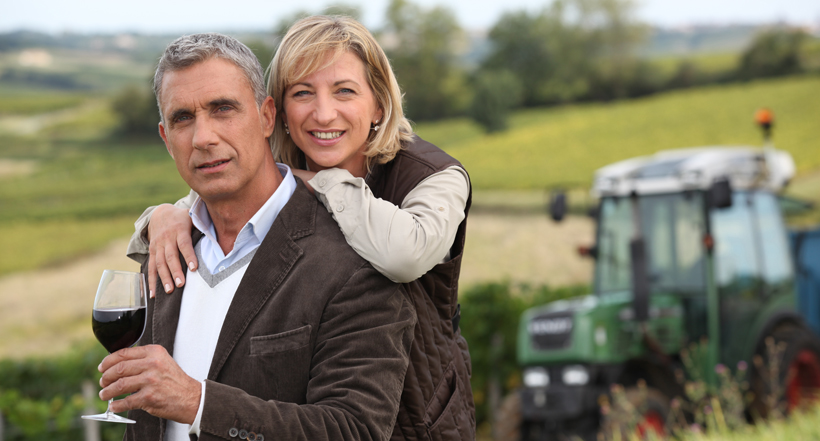TOURISM MEETS THE ‘AGE OF ENGAGEMENT’
Bruce Frankel
EVERYWHERE WE TURN TODAY, people are looking for more “engagement” in their lives—especially retirement-resistant baby boomers, who always seem on a restless search for more meaningful experiences. Not surprising, really, for a generation that has evolved from the social and political movements of the Sixties and Seventies to 21stCentury grass-roots crusades like social entrepreneurism, green energy, smart growth and sustainable agriculture.
These movements have become multigenerational, and marketers in every consumer sector—including mine, the travel industry—have been rushing to meet the expanding demand for diverse interests—along with expectations of personal enrichment.
In recent years, more and more people have come to me looking for niche travel adventures that fulfill their desire for uniquenss and engagement, but they have no idea where to look or how to find these experiences.
The truth is, they’re not hard to find. A growing number of major companies nationwide are now customizing “enriched travel” experiences, from walking and bicycling to volunteerism, ecotourism, wine and culinary trips and cultural tours.
Of course, it’s not an entirely new concept. Where years ago there would be a handful of reputable tour options to see the Oberammergau Passion Play or travel in the Footsteps of Apostle Paul, now there are hundreds, all custom-designed to meet various experiences and budgets.
A recent addition to enriched travel is “Slow Food” tourism.
Slow Food is a global grassroots effort, founded in 1986 by Italian organizer Carlo Petrini, that links the pleasure of food with a commitment to community, regional cuisine and the environment. Slow Food travel is offered by a number of companies, such as Brendan Vacations, which has six food-centric itineraries.. In Italy, for example, Brendan (in partnership with the Slow Food Company) offers tours in Umbria, Tuscany, Piedmont and Sicily. These tours will generally stay in one or two hotels during the length of the trip and then go on excursions to markets, vineyards and olive oil factories to learn about local cuisine.
Another growing example of enriched travel is the “sustainable tourism movement,” which has evolved out of ecotourism. The aim of sustainable travel is to minimize the impact of tourism on the environment and local culture, while helping to generate employment for the local people. One such trip, for example, is a 16-day Costa Rica tour, created by G Adventures, that uses public bus, tractor, van, boat and walking to travel through the country. Another cool trip: a 15-day Cycle Central America tour starting in Granada, Nicaragua and ending it Panama City.
These kinds of trips are becoming increasingly popular, and sometimes specialized.
For example, who we travel with is also an important consideration. Many tours have evolved for multigenerational travelers, and even here, there are new options to consider—like trips for PANKS, (“professional aunts with no kids”), who want to have a rich and shared experience with their nieces and nephews.
Bruce Frankel is President of The Mindful Traveler, a professional consulting service to help people enhance their life experience as well as plan meaningful vacations, based in Kernersville, North Carolina. A successful entrepreneur, he has run retail storefront businesses as well as home-based and Internet marketing companies throughout his career.


